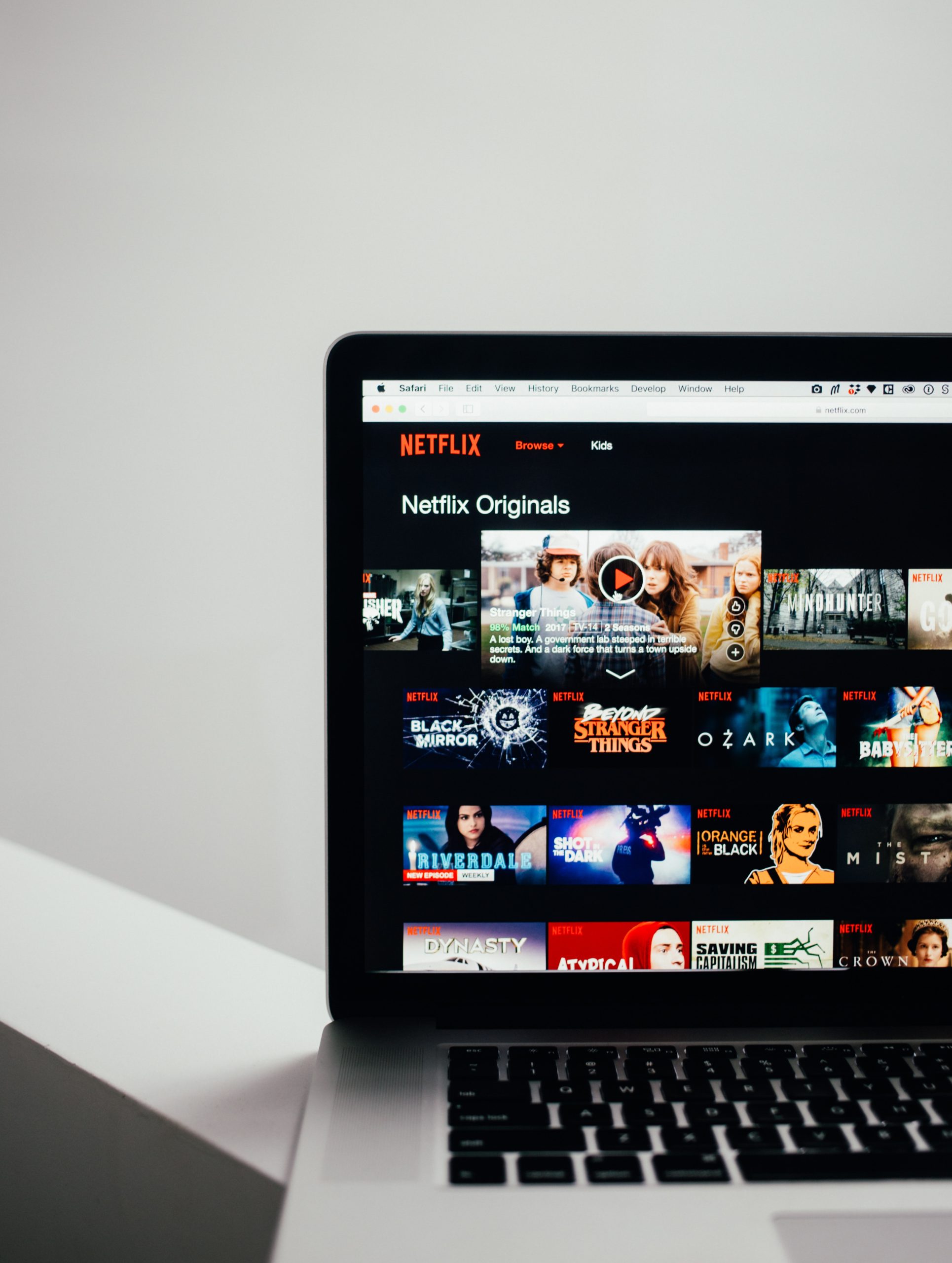Netflix has become a household name worldwide, offering a vast library of movies, TV shows, and original content for streaming enthusiasts. However, users in certain regions may find that their favorite Netflix content is limited or not available due to licensing agreements and copyright restrictions. As a result, many people turn to virtual private networks (VPNs) as a solution to access a broader range of content from different regions. Unfortunately, Netflix has been cracking down on VPN usage, leading to frequent disruptions and the infamous “Netflix proxy error.” In this article, we’ll explore the reasons why Netflix does not work with VPN and the challenges faced by both Netflix and VPN providers.

1. Content Licensing and Copyright Issues
The primary reason Netflix restricts access to certain content based on users’ geographical locations is content licensing and copyright agreements. Netflix obtains the rights to stream movies and TV shows from various studios and content creators. These rights are often limited to specific regions or countries. To comply with these licensing agreements, Netflix implements geolocation-based restrictions, ensuring that content is only accessible to viewers in approved regions.
When users connect to Netflix through a VPN, their IP address is masked, and it appears as if they are accessing the service from a different location. This allows users to bypass the geolocation restrictions and access content from different regions, which violates Netflix’s licensing agreements. To protect the rights and revenue of content creators, Netflix actively works to block free VPN servers and prevent users from circumventing these restrictions.
2. Evading Regional Pricing Differences
In addition to content licensing concerns, regional pricing is another factor that influences Netflix’s stance on VPN usage. Subscription plans for Netflix can vary significantly depending on the user’s country. Some users attempt to use VPNs to subscribe to a lower-priced plan from a different region to save money.
For instance, users in a higher-cost region might use a VPN to sign up for a subscription in a lower-cost region, which can lead to a loss in revenue for Netflix. To combat this practice and ensure fair pricing, Netflix is vigilant in identifying and blocking VPNs to maintain consistent subscription costs across regions.
3. VPN Detection Technology
Netflix employs sophisticated VPN detection technology to identify and block IP addresses associated with VPN servers. When a user connects to Netflix via a VPN, the streaming service can analyze certain characteristics of the connection, such as IP address ranges, server metadata, and network behavior patterns. By comparing this information with known VPN server data, Netflix can determine if a VPN is being used and subsequently block access to the platform.

4. Constant Cat-and-Mouse Game
The relationship between Netflix and VPN providers is a constant cat-and-mouse game. As Netflix updates its VPN detection technology and strengthens its efforts to block VPNs, VPN providers work to find workarounds and new IP addresses to evade detection. This leads to a continuous cycle of VPNs getting blocked and then replaced with new ones.
While some VPNs may successfully bypass Netflix’s restrictions for a short period, it’s only a matter of time before the streaming giant catches up and blocks them again. As a result, users looking to access Netflix through a VPN face frequent disruptions and uncertainty regarding which VPN service might work at any given time.
5. Impact on Streaming Quality and Experience
Even when a VPN successfully allows access to Netflix, it can have unintended consequences on streaming quality and user experience. VPNs reroute internet traffic through servers in different locations, which can lead to increased latency and slower connection speeds. This, in turn, can result in buffering issues, lower video quality, and an overall subpar streaming experience.
Moreover, with Netflix actively blocking VPNs, some users might experience the frustration of being disconnected from the service or facing the dreaded proxy error message, preventing them from watching their desired content.
6. VPNs and Netflix Originals
It’s essential to note that while accessing region-specific content through a VPN is against Netflix’s terms of service, the situation is different for Netflix Originals. Netflix Originals are exclusive content produced or acquired by Netflix itself. These shows and movies are available worldwide, regardless of the user’s location, making them accessible to all subscribers, regardless of VPN usage.
In conclusion, while using a VPN to access Netflix content from different regions might seem like an appealing solution, it’s essential to understand the legal and technical implications. Netflix actively works to enforce geolocation-based restrictions to protect its content licensing agreements and ensure consistent pricing across regions. The constant cat-and-mouse game between Netflix and VPN providers means that VPN users may experience frequent disruptions and decreased streaming quality. As Netflix continues to evolve its VPN detection technology, the challenges for VPNs to bypass restrictions are likely to persist. Ultimately, users should be aware of the potential risks and limitations associated with using a VPN to access Netflix and consider other legitimate streaming options available in their region.
